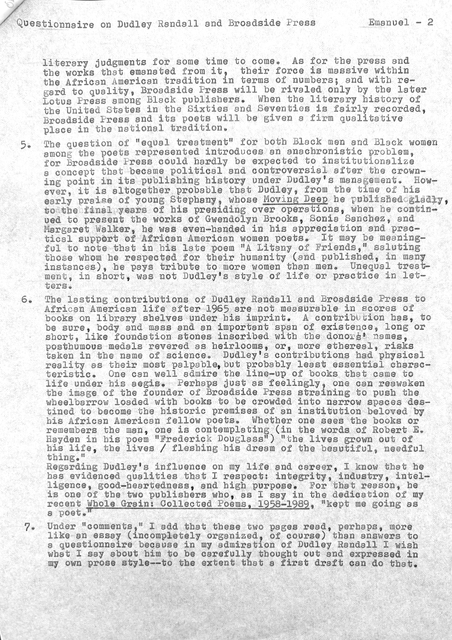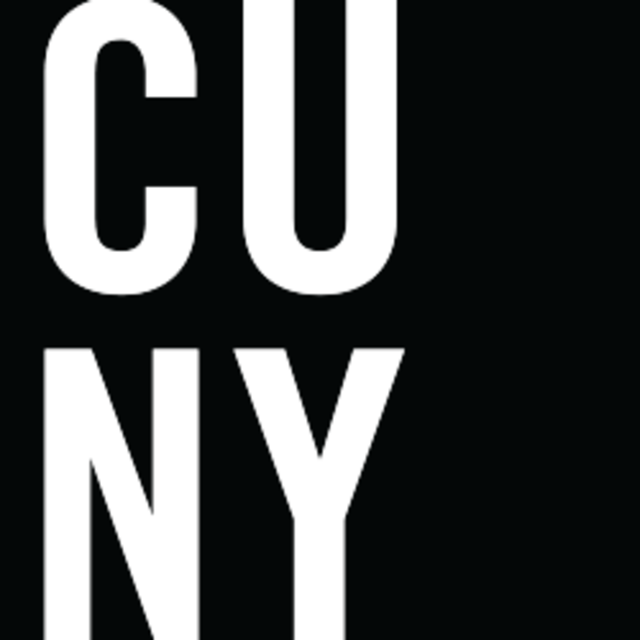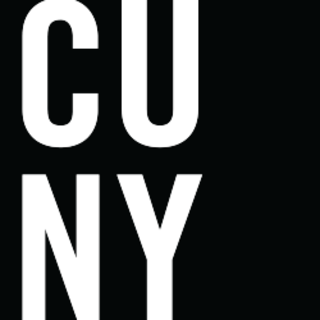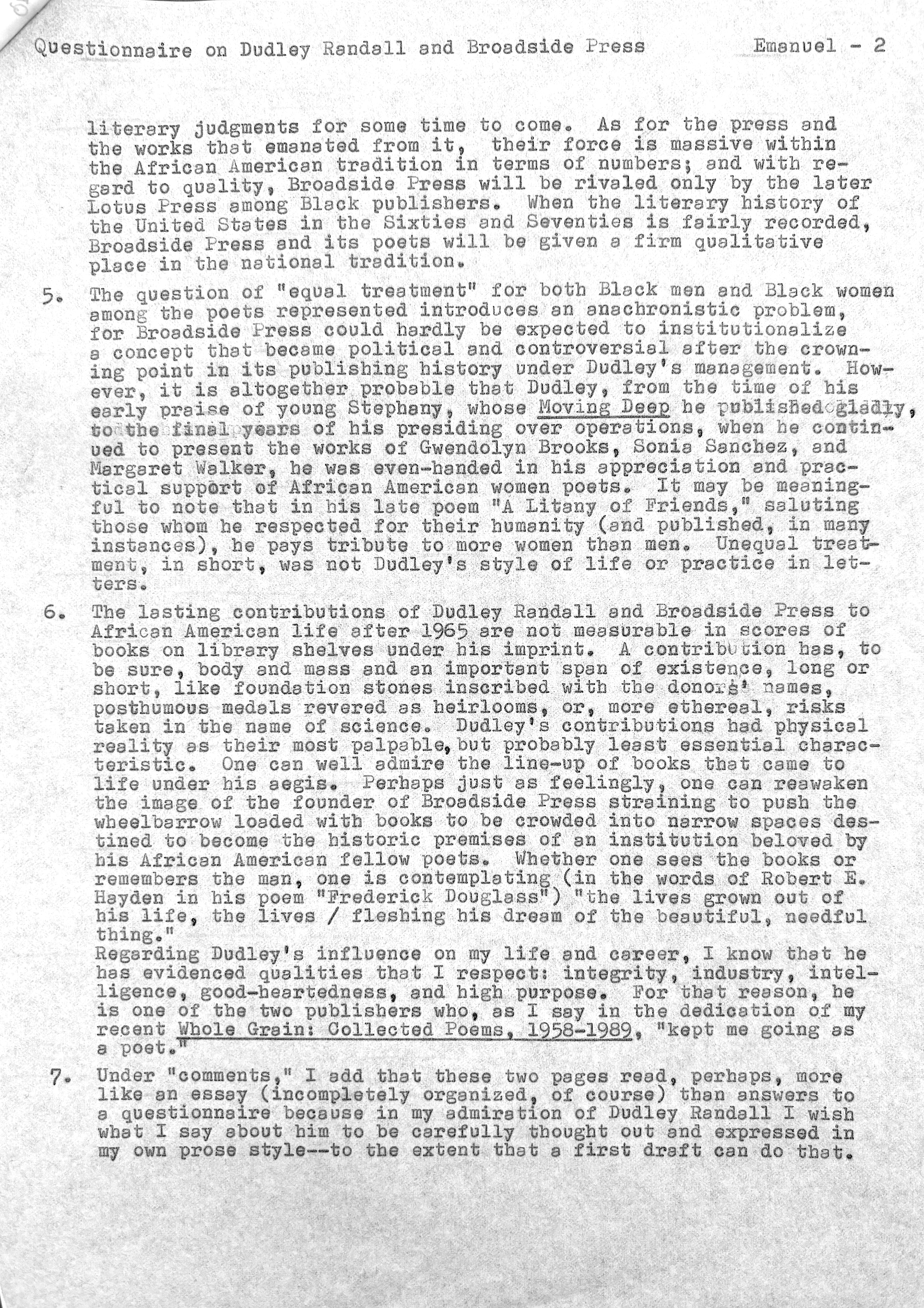Skip to main contentResource added 
Letter to Julius E. Thompson, August 1991 (page 3 of 3)

Comments
to view and add comments.
Annotations
No one has annotated a text with this resource yet.
- typeImage
- created on
- file formatjpg
- file size13 MB
- container titleJames A. Emanuel Papers
- issueBox 13 Folder 26 Thompson, Juilius E., 1991-1998, 2000
- rightsJames A. Emanuel Estate
- rights holderJames A. Emanuel Estate
- version26-Aug-91


